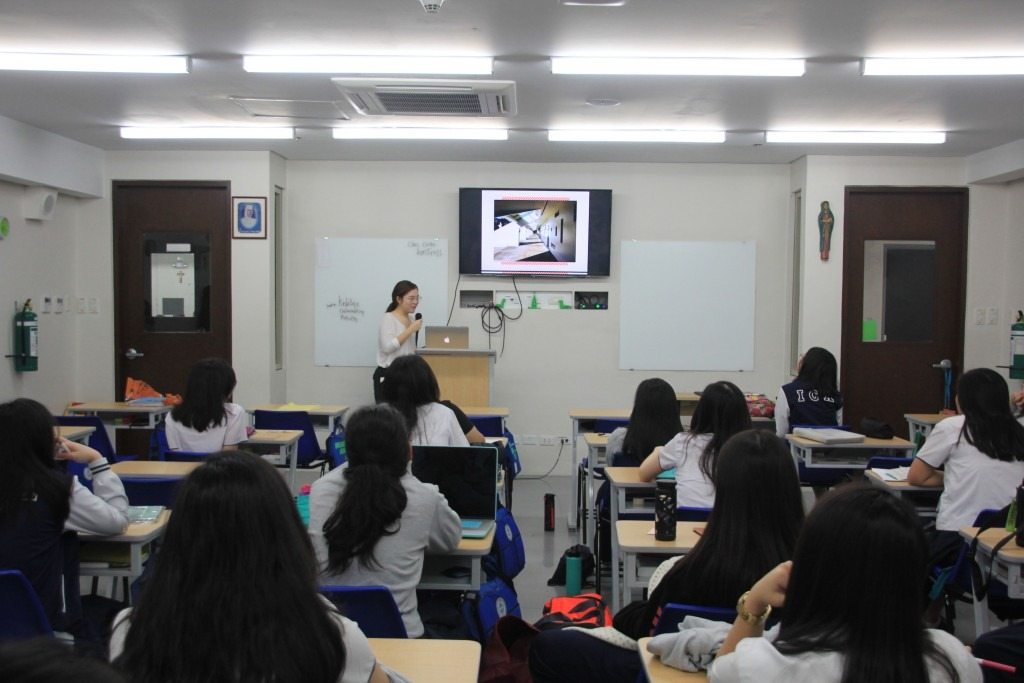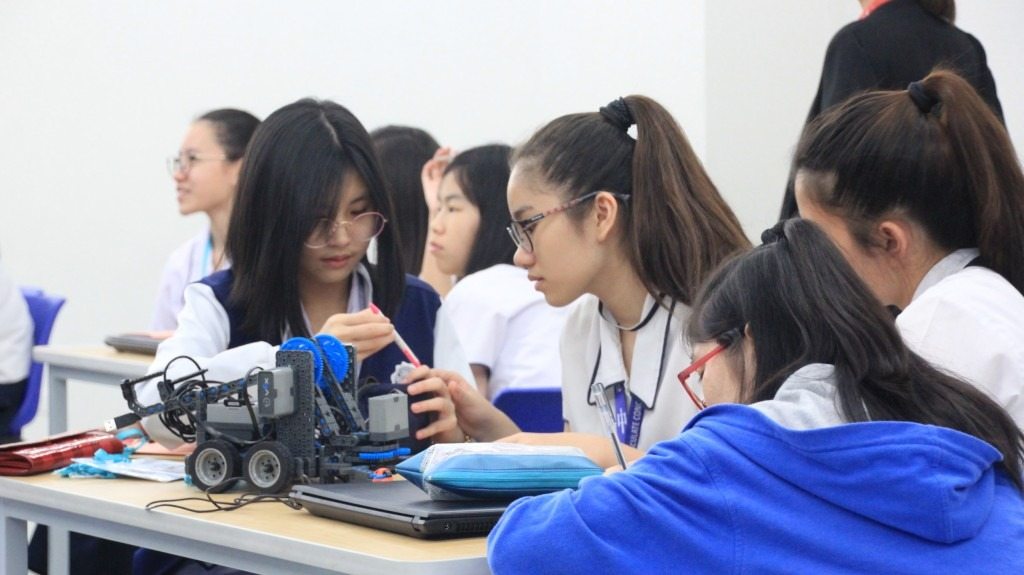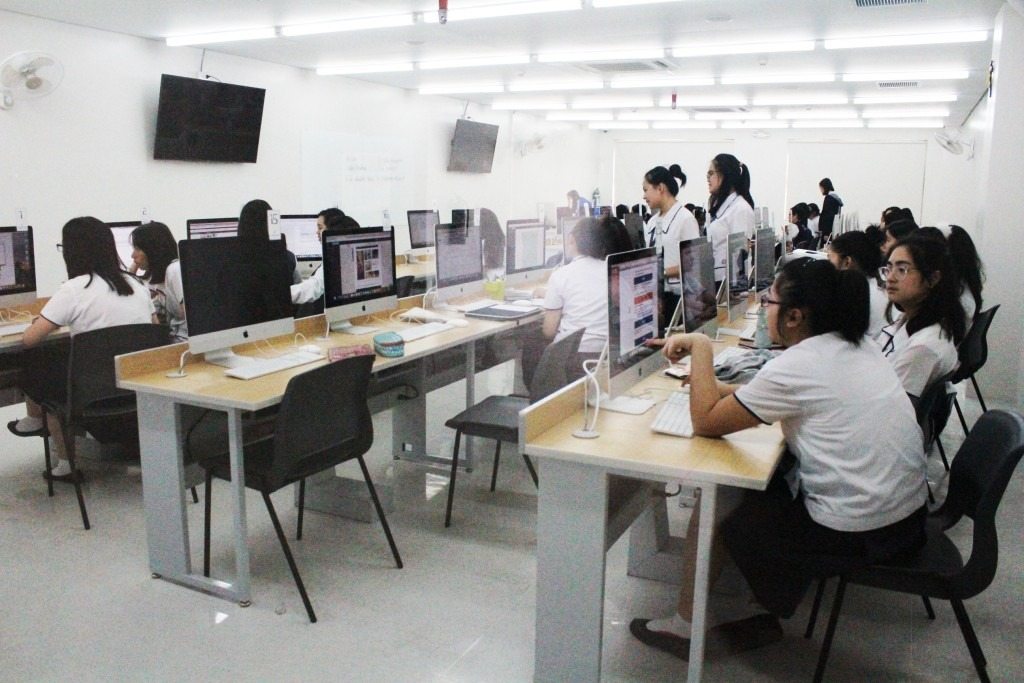The demand of the world today is viewed with a lot of optimism now than a decade ago when the world was filled with anxiety. This is more particularly felt in service institutions. The world is looking at and expecting institutions of change to cope with the consequences of the phenomena of globalization, technological advancement, climate change and the fast-paced networking of information. In such scenario, no school can remain docile and lethargic. Schools must be on guard and in line with the transforming society. Curriculum changes must go hand in hand with Information Technology and dramatic changes in the students’ disposition, demands and expectations. To be able to deliver, schools must update and arm themselves with the latest issues, trends and researches in teaching and learning.
Recognizing these forces of change, ICA has re-appraised its system and has formulated its institutional plan to ensure a continuing process to address the needs of its students. Consequently, innovations have been instituted to allow effective changes to flow into the mainstream of the school community.
The ICAns who are of Chinese ancestry but with a rich Filipino background are being prepared for what is foreseen as their global mission in the future, bridging experiences from the Philippines to other Asian countries particularly China.
ICA recognizes that a compassionate environment is essential in developing the learners’ self knowledge and esteem. Interdisciplinary activities that promote collaborative skills are factors of students’ success.
The pedagogical innovations being adopted by the school intends to facilitate learning that is directed towards life-long benefits. ICA as a college preparatory school looks beyond and channels students’ energy and potentials to make them become responsible and independent learners and eventually productive and zealous members of the world community where God’s love reigns.
Significant emphasis is placed on the Math and Sciences; Communication Arts English, Chinese and Filipino; Technology and Livelihood Education. Equal importance is given to Makabayan subjects: Araling Panlipunan, Music, Health and Physical Education.
Values Education, an important aspect of character formation is made possible through Christian Life Education and Homeroom Guidance Programs.





